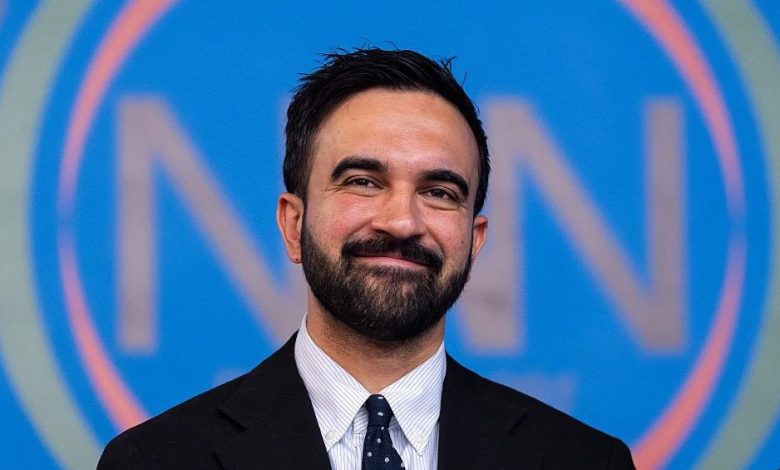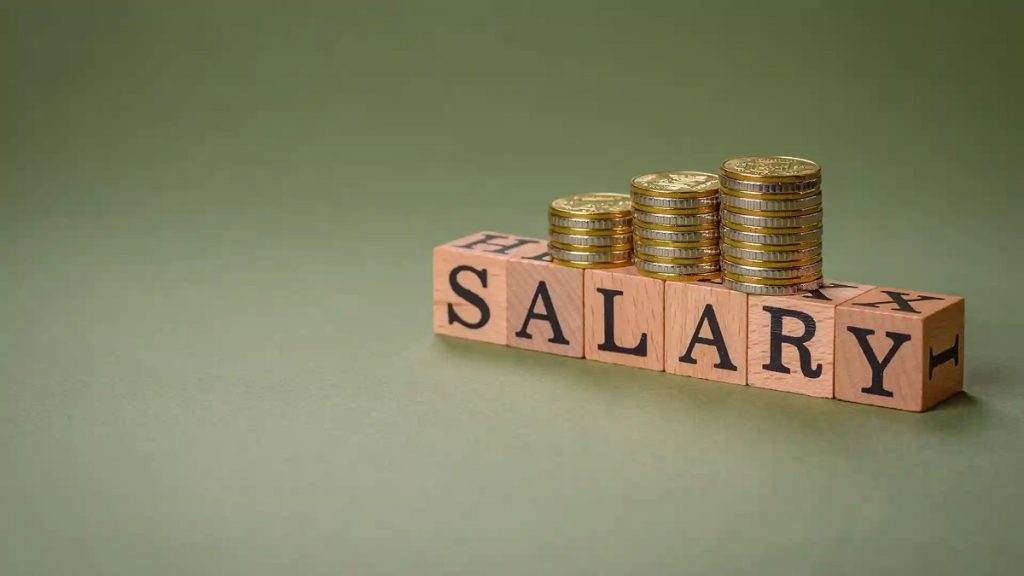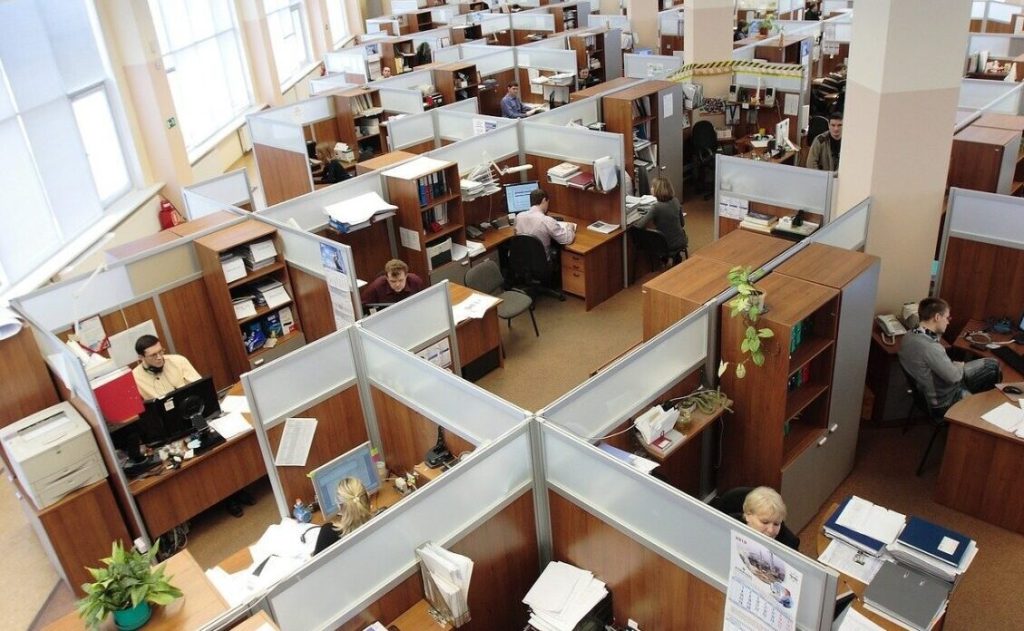New York City Mayoral Race Ignites Fierce Debate Over $30 Minimum Wage Proposal
Candidates clash over bold wage plans as economists and business owners warn of job losses, automation, and lasting impacts on the city’s economy.

New York City is witnessing a major economic debate as mayoral candidates propose sharp increases in the local minimum wage — with one leading contender suggesting a near-doubling of pay to $30 per hour by 2030.
These ambitious proposals, intended to raise income levels for thousands of workers, have sparked intense discussions among economists and business leaders about their potential impact on job creation, income inequality, and the survival of small businesses. The outcome of this debate could significantly shape the city’s economic landscape.
The upcoming New York City mayoral election has placed economic policy at center stage, particularly the local minimum wage issue. Zahran Mamdani, the Democratic frontrunner, has unveiled a bold plan to raise the minimum wage to $30 by 2030 — a major leap from the current $16.50, positioning it as a cornerstone of his campaign.
Former governor Andrew Cuomo, running as an independent, has proposed a more moderate approach, calling for a $20 minimum wage by 2027, which his campaign estimates would benefit about 800,000 New Yorkers. Meanwhile, Republican candidate Curtis Sliwa has taken a different path, advocating for reducing bureaucratic hurdles and creating a more business-friendly environment aligned with his pro-growth agenda.

The concept of a significant wage increase has drawn both strong support and sharp skepticism. Advocates argue that a higher minimum wage could play a key role in reducing income inequality and enhancing affordability in one of the world’s most expensive cities.
A former chief economist for New York City’s Economic Development Office praised the $30 proposal, noting that wages for the city’s wealthiest residents have soared while low-income workers have seen stagnation. He cited a recent report showing that New York was the only one of the 10 largest U.S. cities to experience a statistically significant decline in real median income between 2019 and 2024. He added that a targeted wage increase could reverse these trends, recalling a previous wage hike to $15 that led to what he called a “golden era of fair economic growth” for low-wage earners.
On the other hand, critics and small business owners have raised alarms about possible side effects. They warn that the higher labor costs could accelerate job losses, pushing companies toward automation. A café owner expressed mixed feelings — supporting fair pay for workers but fearing that a $30 minimum wage would be “simply unaffordable” for many small businesses already struggling with rising operational costs.

An economist from a policy research center stressed the need for more comprehensive studies to assess the full impact of such a major increase, particularly in a city heavily dependent on small enterprises. She questioned whether the benefits of higher pay would outweigh the potential loss of jobs. A legal policy expert from a conservative think tank added that a $30 minimum wage would inevitably drive more companies to embrace automation, pointing to the growing prevalence of self-checkout systems and AI integration that could further displace human labor.
Political analysts note that while jobs and wage growth are important, they may not be decisive factors in an election where issues like crime, housing, and affordability often dominate voters’ minds. Any increase in the minimum wage would also require approval from the state legislature, adding another layer of complexity to its implementation.
Beyond the wage debate, candidates have presented broader economic visions for the city’s future. Mamdani’s platform includes stronger protections for New York’s 80,000 delivery workers, investments in public services to support working families, and initiatives to help businesses retain talent. Sliwa, by contrast, has promised tax cuts and regulatory reform, while Cuomo has pledged to streamline city agencies and warned against what he described as “anti-capitalist rhetoric.”
Ultimately, the minimum wage debate reflects a larger struggle to balance economic growth and social equity in one of the most dynamic — and costly — cities in the world. As voters weigh these proposals, the long-term effects on New Yorkers — from individual workers to small business owners — remain the subject of intense public and academic scrutiny.



